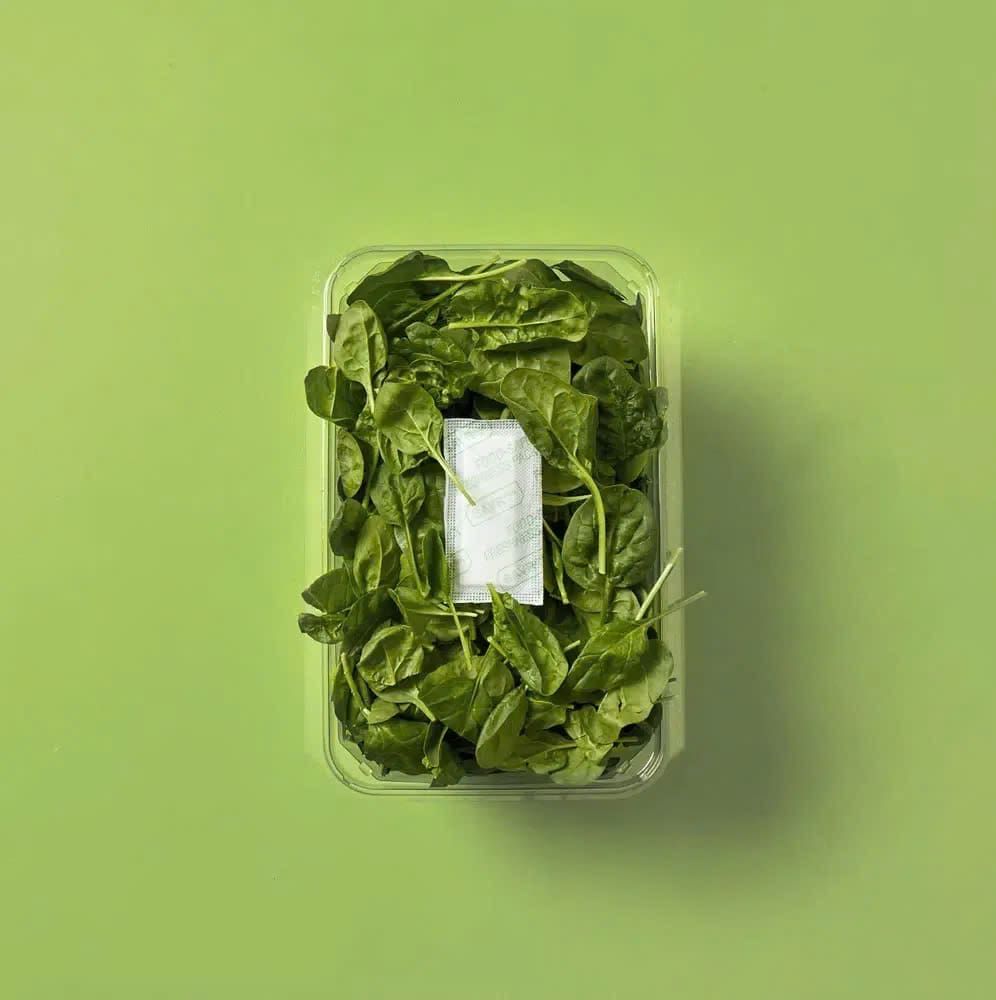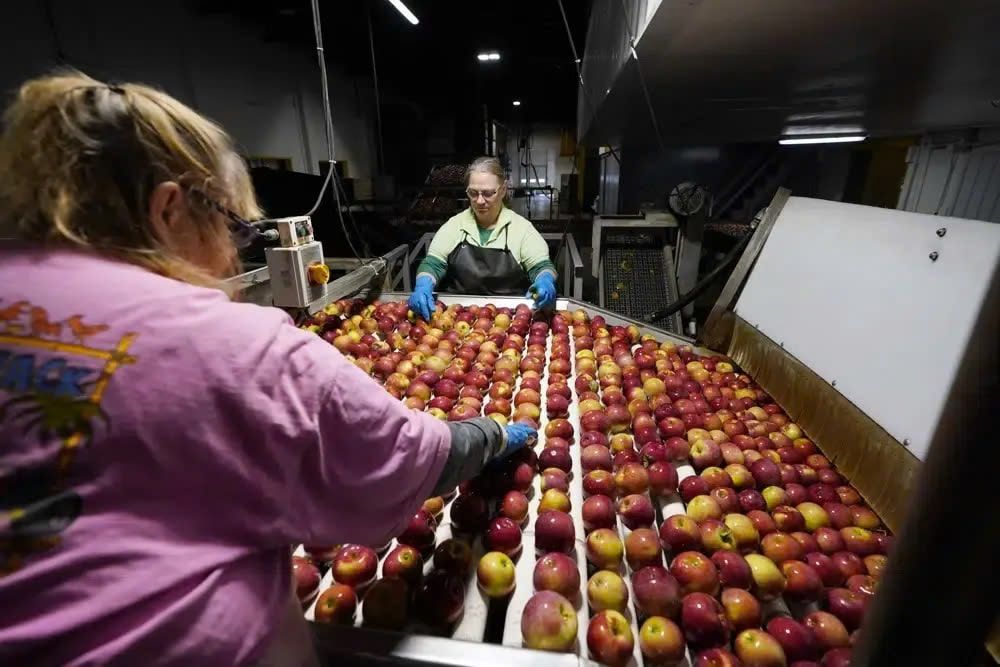In the United States, there is a growing trend among restaurants, grocery stores, food companies, and farmers to apply advanced scientific techniques to address the issue of food waste.
Some are experimenting with chemical sprays on the skin or packaging to slow down the ripening process and maintain the freshness of fruits. Others are developing digital sensors that can provide information about the safety of meat when consumed, with higher accuracy than conventional use-by labels.
Experts believe that increasing public awareness and the staggering cost of food waste – both financially and environmentally – are driving efforts to minimize this problem.
Elizabeth Mitchum, Director of the Postharvest Technology Center at the University of California, says, “This issue has suddenly become a focal point of attention.”

According to the food waste research group ReFed, in 2019, about 35% of the 229 million tons of food available in the United States – valued at around $418 billion – went unsold or uneaten. The U.S. Environmental Protection Agency (EPA) considers food waste to be the largest material buried in city landfills. Officials note that decomposing food releases methane, a greenhouse gas.
ReFed estimates that humans could avoid wasting 225,000 tons of food per year through high-tech packaging methods.
One of the products being developed is a sensor device by the Stockholm-based company Innoscentia, which can determine the safety of meat based on assessing bacterial accumulation in packaging.
Meanwhile, the U.S. and Belgium-based company Ryp Labs is researching a type of product label that can release water vapor to slow down the ripening process of fruits.
Founded by aerospace engineer Bill Birgen, SavrPak has also developed a plant-based moisture-absorbing pack made from FDA-approved food-safe materials. This moisture-absorbing pack fits snugly inside a takeaway box and absorbs condensation, helping to keep the food inside hot and crispy.
Some companies have found new solutions based on proven technology.
Chicago-based Hazel Technologies, established in 2015, sells 1-methylcyclopropene (1-MCP) gas, which has been used for decades to slow down the ripening of fruits. This compound, evaluated by the EPA as non-toxic, is often pumped into sealed storage rooms to inhibit the production of ethylene, a plant hormone.
However, the cost of implementing technology to address food waste remains a barrier for businesses and consumers.
Kroger, the largest grocery store chain in the United States, discontinued its partnership with Apeel Science, based in Goleta, California this year after realizing that consumers were not willing to pay more for fruits that had been scanned or sprayed with an edible coating to retain moisture and remove oxygen, keeping the fruits fresher longer.
Meanwhile, Yvette Cabrera, Director of Food Waste at the Natural Resources Defense Council, says that applying science holds great promise for food preservation but is only part of the solution to combat food waste.
Cabrera notes that most food waste occurs at the consumer level. Therefore, people need to reduce portion sizes, purchase less food, and improve the accuracy of use-by labels on food. These measures may have a greater impact than technology in the effort to combat food waste.
“In general, the community is undervaluing the worth of food,” Cabrera said.
According to Tin Tuc News.

